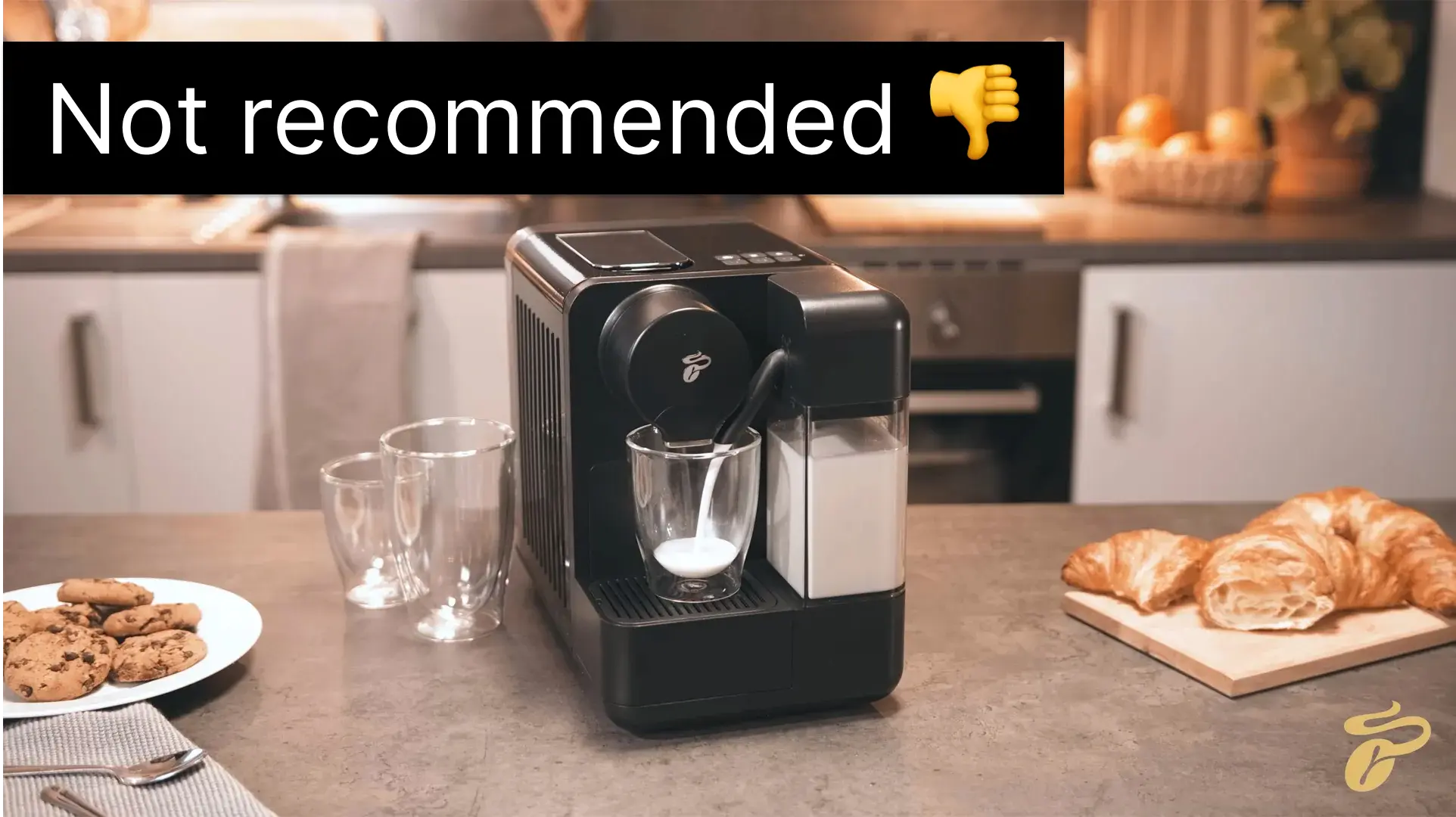I never planned to move to Germany; it just happened. If I had made any plans, I would have made sure to learn enough German to manage everyday life. It all began when I was talking to a classmate in the administration building of my department. I was taking care of paperwork for my first internship after finishing my second year. I had found that internship in Istanbul, where I would learn Ruby programming from Serdar and Aşkın, who were among the best in the industry. My classmate asked if my internship was in another country. I was a bit surprised and realized that maybe people expected me to do an internship abroad, especially since I was good at Computer Science. The idea of doing an internship in another country stuck with me and eventually became a reality.
After finishing my internship in Istanbul, I was offered a part-time remote job there. It was a great offer since I was earning the minimum wage and learning a lot about programming and working on real products used by thousands of people. Then, the thought of doing an internship abroad came back, and I started looking for companies in Europe that used Ruby . I also decided to apply for the Erasmus scholarship to make the visa process easier. Plus, if the company didn’t pay me, I could use the Erasmus funds to cover my expenses. Eventually, I found a summer internship in Hamburg. That’s how my journey to Germany began.
Starting to Learn German
After my internship in Hamburg, I returned to Turkey and kept working remotely with the same company. There was a chance that after finishing my studies, I could get a full-time job and move to Hamburg. That’s when I decided it was time to learn German. I started going to a language school on weekends. It was probably the busiest year of my life. I was finishing my last year of university, taking a lot of classes and exams, writing my bachelor’s thesis (which later got published and presented at a symposium in Vienna), working part-time, and studying German on weekends. By the beginning of summer 2018, I had finished my studies, presented my bachelor’s thesis, received my A1-level German certificate, got a full-time job offer, and moved to Germany at the end of June.
I was so overwhelmed with everything going on that, even though I had signed up for the German class at my company, I gave up learning German for a while to relax and adjust to life in Hamburg. For a long time, I didn’t study German, but I still picked up new words almost every day and was able to have simple conversations in places like restaurants.
When COVID hit, I stopped hearing German at work and learning German words. I also started working for a non-German company, so I wasn’t exposed to much German for a while. Eventually, I was laid off from that company and, thanks to the severance package I received, I finally had the time to focus on learning German properly.
Taking German Seriously
I signed up for a language school in Hamburg called Deutsch Akademie. Since I already had an A1-level in German, I started at A2.1 in September 2023. I had classes three times a week, each lasting three hours in the evening. After two months, I finished A2.1 and immediately signed up for A2.2. This time, I chose an intensive course, with classes five times a week, three hours each. It was a lot, and I found it challenging, but after a month, I completed the level.
Right after that, I started B1.1. This time, I went back to three classes a week. I should mention that I didn’t miss a single class during this time. But when I started B1.2, I was feeling really tired of the classes, and the teacher wasn’t as good as the previous ones. So, after a couple of weeks, I decided to stop attending the classes.
Looking back, I feel good about taking those classes. I learned a lot and started to feel more comfortable speaking German. But at the same time, I wasn’t sure about my German level. Even though I learned many grammar rules, I still didn’t know enough words, and that made it hard for me to understand what I read or have conversations. That’s when I came up with the idea to develop an app to help me memorize new words while using my computer. And that’s how the Wunderbar app was born.
Wunderbar!
It’s hard for me to sit down and study, especially when I’m at home. So, I thought that if I could see a new German word on the Menu Bar of my Mac every 10 minutes, I’d be exposed to lots of new words, and over time, my vocabulary would grow. I researched the most common words in German and used those, along with their meanings and example sentences, to create the app. Later, I added a feature to listen to the pronunciation of each word. I started using the app every day and learned a few new words. Over time, I realized I had learned a lot of new words and understood more.
At first, I designed the app just to help me learn German words. But when I shared it with others, many people asked for more languages. So, I added support for other languages too. Over time, the app was downloaded by hundreds of people worldwide and helped many of them learn new words every day.
Getting Ready for the Exam
As my German slowly improved, a lot was happening in Germany. My main goal for reaching B1 level German was to apply for citizenship. The traffic light coalition in Germany had lowered the number of years needed to apply for citizenship from 8 years to 5 years, making me eligible right away. The only thing left for me to do was take the B1-level German exam to get the certificate to prove my language skills. The new law was set to go into effect in the summer of 2024, but the government collapsed at the end of that year.
That’s when I started to panic. I wasn’t alone, many of my immigrant friends also rushed to get their certification before the new government came into power, which might reverse the changes introduced by the traffic light coalition.
A close friend of mine had already received his B1 German certificate from telc. He kept telling me that I could do it too, but I still wasn’t sure about my German level and didn’t feel ready for the exam. At the beginning of 2025, I set myself the goal of getting the B1 certificate. My friend insisted I book the exam appointment because, based on his experience, if you don’t book it, you’ll never start studying for it. So, I booked my exam for April. After securing my spot, I did three things to help me reach my goal, in addition to using my Wunderbar app every day.
First, I bought a textbook called Prüfungstraining Zertifikat Deutsch (telc Deutsch B1) by Cornelsen. It was a great resource that quickly helped me go over the words and grammar rules I needed to know. I was already familiar with most of the material, but seeing everything in one place gave me more confidence. Since I can’t study at home, I started going to a café every day to study a few chapters from the book and practice my writing skills.
Second, I began reading stories in German. The biggest part of the telc exam is understanding German, which is much more important than knowing grammar rules. I bought a book called Short Stories in German for Beginners, and I read all the stories in it. Later, I bought the intermediate-level version. These books helped me read longer German texts and learn new words.
The third thing I did was watch a German TV show with German subtitles. There was a new show on Apple TV+ called Where is Wanda?, produced in Germany. I decided to watch it to improve my listening skills, which was another important part of the telc exam.
One thing I really liked about the textbook was the example tests (Modelltest) at the end. There were four practice exams that were very similar to the real telc exam. Four days before my test, I took one of these example tests every day. They helped me get familiar with the exam format and showed me how much time I was spending on each section.
The telc Exam in Detail
The telc exam has two parts: writing and speaking. The writing exam has four sections: Reading, Grammar, Listening, and Writing. It takes about two and a half hours. The speaking exam takes 15 minutes and has three parts: Introduction, talking about a topic, and planning something together. (You can download an example test here.)
Written Exam (Schriftliche Prüfung)
The first part of the reading section involves reading five short news articles and matching them with the right titles. Each correct answer gives you 5 points. In the second part, you read a longer article and answer five questions about it. Again, each correct answer gives you 5 points. Next, you look at 12 listings (like course offers, job or flat ads) and match 10 situations with those listings. Each correct match gives you 2.5 points. In total, you can earn 75 points from this section.
The grammar section has two parts. In the first part, you fill in 10 blanks in an email, choosing from three options for each blank. Each correct answer gives you 1.5 points. In the second part, you fill in more blanks in an email, but this time you choose from 15 options. Again, each correct answer gives you 1.5 points. In total, you can earn 30 points from this section.
You have 90 minutes to complete both of these sections. I didn’t have trouble managing my time here because reading stories in German had helped me get better at reading long texts.
In the listening section, there are three parts. In each part, you listen to audio and mark statements as true or false. In the first part, you listen to people’s opinions on a topic and mark 5 statements as true or false. Each correct answer gives you 5 points. In the second part, you listen to a long conversation and mark 10 statements as true or false. Each correct answer gives you 2.5 points. In the last part, you listen to 5 announcements and mark 5 statements. Each correct answer also gives you 5 points. In total, you can earn 75 points in this section, and you have around 30 minutes to complete it. Some parts are played twice, but others are only played once, so you have to listen carefully.
The final part of the writing exam is the actual writing task. You need to write a reply to an email, making sure to address four topics mentioned in the question. This is important, if you miss any of the required topics, you won’t get full points, even if your writing is good. You also need to use certain sentence structures, which you can find in the textbook. If you do well, you can earn 45 points for this part. This was probably the hardest part for me because of the time limit. When practicing, I found it difficult to finish the email in 30 minutes, so I knew I had to rush during the real exam. If I had more time, I think I could have written a better email.
As you can see, the two most important parts of the writing exam are reading comprehension and listening comprehension. If you do well in these sections, you can pass the writing exam easily. In total, you can get 225 points from this part, but you only need 180 points to pass (which means answering 60% of the questions correctly).
Speaking Exam (Mündliche Prüfung)
This part of the exam worried me the most because I didn’t get much chance to practice. The good thing about the telc exam is that if you pass the written part but fail the speaking part, you can retake just the speaking exam.
For the speaking exam, you have a partner who’s also taking the exam. I was paired with a middle-aged lady who already spoke German fluently. I thought she was probably just there to get the paperwork done. Before the exam, they place you in a room and give you papers for each part of the exam, along with a blank sheet for taking notes. You have 20 minutes to prepare your thoughts. While speaking, you need to use certain phrases that show your speaking level. You can find these in the textbook, and I found them really helpful, so I tried to memorize them before the exam.
In the first part, we introduced ourselves and asked each other a few questions. In the second part, we talked about a topic. Normally, you should be having a conversation with your partner, but my partner often spoke to the examiners and didn’t ask me many questions. In the last part, we were supposed to plan something together. However, my partner did most of the planning herself and didn’t give me a chance to speak much. Luckily, the examiners asked me a couple of questions to assess my speaking skills.
Because my partner was almost fluent in German, I felt like my speaking skills might not measure up. I was worried I wouldn’t get as many points compared to her. In total, you can get 75 points from this part. Similar to the other part, you need get 60% of the points to pass it.
Result
Once you finish both exams, you have to wait at least 4 weeks to get your results. I took my exam at Hamburger Volkshochschule, and they sent my results by mail, no emails, so you’ll need to keep an eye on your mailbox. The exam cost me 148€.
To my surprise, I got the highest score, “Sehr gut.” It seems that, just like the written part, the key in the speaking part was understanding the material and expressing your thoughts clearly. Even though I wasn’t as fluent as my partner, I somehow managed to get the highest score in the speaking part. I was also happy to see that I got the maximum score in the reading section. It looks like all the time I spent reading stories and using my Wunderbar app paid off!
If you’re in a similar situation, I highly recommend getting the textbook from Cornelsen and studying it from start to finish. Also, try reading books in German and watching German TV shows. And of course, you can also use my Wunderbar app to improve your vocabulary. :)
Before I finish this long post, one last piece of advice: don’t overthink the exam. I also worried that I wasn’t ready for it, but in the end, I got the highest score. The exam is easier than you might think!







